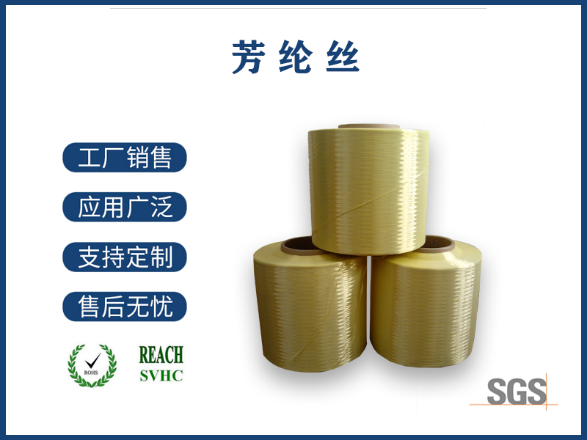發(fā)布時間:2024-12-27 08:29:02 人氣:3

Polyester Thread: The Unsung Hero of Modern Sewing and Embroidery In the realm of textiles, few materials have revolutionized the sewing and embroidery industries as profoundly as polyester thread. Known for its durability, versatility, and affordability, polyester thread has become a staple in both professional and amateur sewing kits worldwide. Its journey from being a synthetic innovation to a beloved crafting essential is a testament to human ingenuity and the relentless pursuit of improvement in everyday materials. The Birth of Polyester: A Synthetic Marvel The story begins with the invention of polyester by British scientists in the early 20th century. Polyethylene terephthalate (PET), the chemical compound that constitutes polyester, was discovered as a result of experiments aimed at creating new fibers. By the mid-1940s, this material had transformed into fine threads, marking the dawn of an era where synthetic fabrics could rival natural ones in terms of strength, resilience, and aesthetic appeal. Why Polyester Thread Stands Out One of the key reasons behind the popularity of polyester thread lies in its exceptional properties. Unlike natural fibers such as cotton or silk, which can be susceptible to moisture, mildew, and insects, polyester boasts remarkable resistance to these elements. This makes it ideal for outdoor applications, upholstery, and projects requiring longevity. Moreover, its ability to withstand high temperatures without melting ensures safe ironing over seams, further enhancing its practicality. Versatility in Color and Application Another aspect where polyester thread excels is in its colorfastness and variety. Dyeing polyester threads results in vibrant hues that resist fading even after multiple washes, making them perfect for garments that need to retain their freshness. From clothing and accessories to home decor items, polyester thread offers endless possibilities for creative expression. Its compatibility with different fabric types, including delicate silks and sturdy denim, adds to its appeal among sewists and designers alike. Sustainability Concerns and Innovations While polyester’s synthetic nature has led to concerns regarding environmental sustainability, particularly due to its non-biodegradable properties, strides are being made to address these issues. Recycled polyester threads, derived from post-consumer plastic bottles, are gaining traction as eco-conscious alternatives. These recycled threads not only reduce waste but also maintain the desirable characteristics of traditional polyester, offering a greener option without compromising on quality. Conclusion: A Future Woven in Polyester As we look to the future, the role of polyester thread in the textile industry seems poised for continued growth and innovation. With advancements in recycling technologies and a shift towards more sustainable practices, polyester thread is set to become even more integral to our lives, weaving itself into the fabric of a more conscious and connected world. Whether you’re a professional tailor, a DIY enthusiast, or simply someone who appreciates the beauty of well-crafted textiles, understanding the significance of polyester thread opens up a world of possibilities.